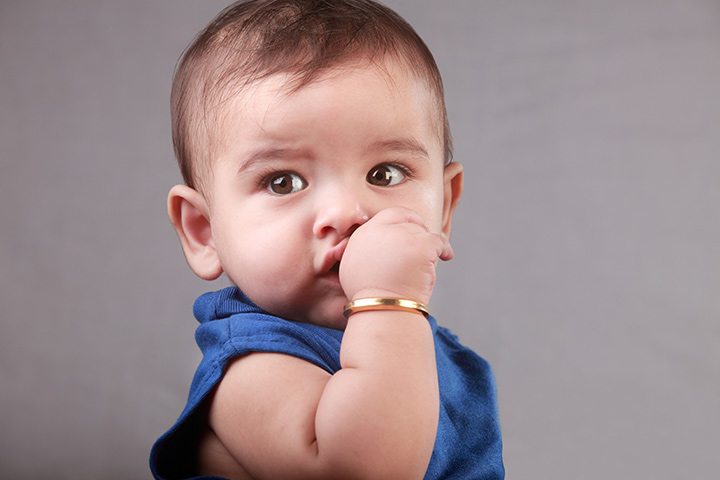This is a sponsored guest post.
Mental health issues are difficult enough to pinpoint in the youth and adult categories, and statistics point to an average of more than ten years passing before individuals seek help for their mental health issues. When it comes to infants, it can be even more difficult, as they, or course, can’t communicate their feelings as well as school children and adults.

Regardless of age, finding treatment for those who suffer from mental health disorders truly saves lives, and being able to better understand infants’ actions can help act as a guide for determining infant mental health.
Pre-birth
Just as eating habits need to change to ensure proper nutrition for a pregnant mother and her unborn child, proper mental healthcare should begin before birth, as well. Most know that avoiding substances like alcohol and tobacco during pregnancy is good for the baby, but simply removing those things from Mom’s life increases her own mental health, which is passed to the child.
In addition to preparing and protecting the infant in utero, doctors are also able to run tests to see if the child is expected to have any genetic disorders that could lead to mental health issues, such as determining if the child may have signs of ASD, autism spectrum disorder.
Depression
Fortunately, repeated studies have determined that infants are very, very unlikely to suffer from depression, simply because they can’t understand sadness just yet. However, it is important to show positive reinforcements when infants are laughing, as you can legitimately encourage that behavior in a young person’s mind, molding them to seek out fun and laughter, ultimately making them less likely to develop depression in adolescence, as one in eight youngsters do.
Depression can, however, affect young children in rare cases, and failure to treat it is even worse for youngsters than for their adult counterparts. As mentioned in the introduction, most mental health cases are not reported until more than a decade after symptoms and feelings first make their way to a given person. Being an involved parent and keeping an eye on the signs of depression can ensure your child gets looked at long before that scary norm that is “ten years of untreated mental illness.”
Attachment Theory
The attachment theory states that a bond between an infant and their primary caregivers has the single greatest influence on a number of developmental factors in youngsters, including in the development of their personality. It’s no surprise to see a young one mimicking the actions of their parents or primary caregivers, but it should be noted that bad habits can form this way too, including poor coping skills and a struggle to form relationships, both things that can be reasons for poor mental health in youth and adulthood. So it’s important to learn how to handle and nurture your newborn.
If you are one of the 40% of adults who suffered from some sort of mental illness during the horrible year that was 2020, don’t think that those feelings are going to transfer to your children no matter what. Though it is important to be honest, you can hide your own mental anguish from your kids so it doesn’t “rub off” too much, but remember that proper self-care makes it easier to provide care to others!
Be a Resource As your loved ones move out of infancy and start to really form their own habits and personalities, it’s so, so important to constantly remind them that you are there to talk about anything, and that there is no shame in feeling sad or lonely. You can even set up some kind of patient confidentiality agreement with your youngsters if they’re embarrassed to talk about their feelings for whatever reason.



